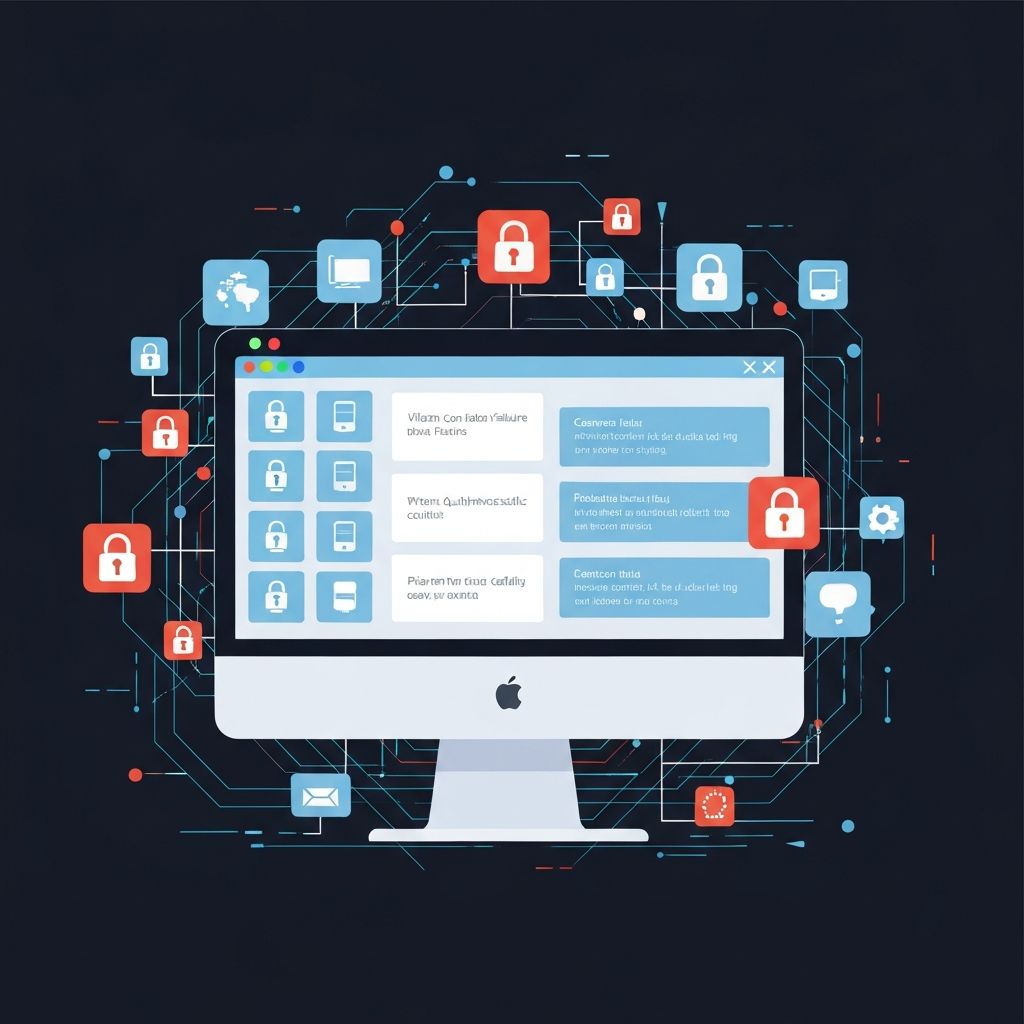10 Common VPN Mistakes and How to Avoid Them
Introduction
Using a VPN is an excellent way to protect your privacy, but many users make critical mistakes that undermine the security benefits. In this guide, we'll explore the 10 most common VPN mistakes and provide practical solutions to keep you truly protected.
Mistake 1: Using Free VPNs
The Problem: Free VPNs often have weak security, sell user data to advertisers, or contain malware.
The Solution: Invest in a reputable paid VPN service. The cost is minimal ($5-15/month) compared to the risk of compromised security.
Mistake 2: Not Enabling Kill Switch
The Problem: If your VPN connection drops, your real IP address becomes visible without a kill switch enabled.
The Solution: Always enable the kill switch feature in your VPN settings. This automatically disconnects your internet if the VPN fails.
Mistake 3: Ignoring Software Updates
The Problem: Outdated VPN software may contain security vulnerabilities.
The Solution: Enable automatic updates or regularly check for the latest version. Security patches are critical for protection.
Mistake 4: Logging into Personal Accounts
The Problem: Logging into accounts that identify you personally (email, banking, social media) defeats the anonymity purpose of a VPN.
The Solution: Use different identities for different purposes. Keep anonymous browsing separate from personal account access.
Mistake 5: Not Checking for DNS Leaks
The Problem: DNS requests can leak your real IP address even when connected to a VPN.
The Solution: Use online DNS leak test tools to verify your VPN provider isn't leaking. Choose VPNs with built-in DNS leak protection.
Mistake 6: Using VPN Only Sometimes
The Problem: Inconsistent VPN usage leaves you vulnerable during unprotected sessions.
The Solution: Enable auto-connect on startup and keep your VPN running at all times when connected to any network.
Mistake 7: Choosing Servers by Speed Alone
The Problem: The fastest server might be located in a country with poor privacy laws.
The Solution: Consider the server's jurisdiction. Choose servers in countries with strong privacy protections.
Mistake 8: Not Reading the Privacy Policy
The Problem: Many users don't verify the VPN provider's logging policies.
The Solution: Always read the privacy policy carefully. Look for third-party audits confirming no-log claims.
Mistake 9: Assuming VPN Makes You Completely Anonymous
The Problem: VPNs enhance privacy but aren't a complete anonymity solution.
The Solution: Use a VPN as part of a comprehensive privacy strategy. Consider using Tor for maximum anonymity when needed.
Mistake 10: Not Updating Payment Information
The Problem: Expired subscriptions can lead to unprotected connections.
The Solution: Keep payment methods current and enable auto-renewal to maintain continuous protection.
Conclusion and Action Items
By avoiding these common mistakes, you'll maximize the security and privacy benefits of your VPN. For help choosing the right VPN and comparing services, visit our VPN comparison page on SecureBrowse.
Last updated: November 2025
Have questions about VPNs? Check out our VPN comparison tool or explore current VPN deals.
